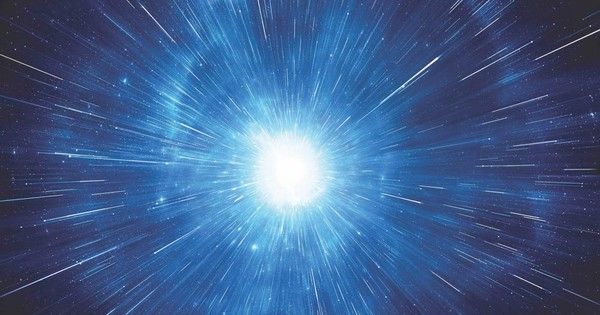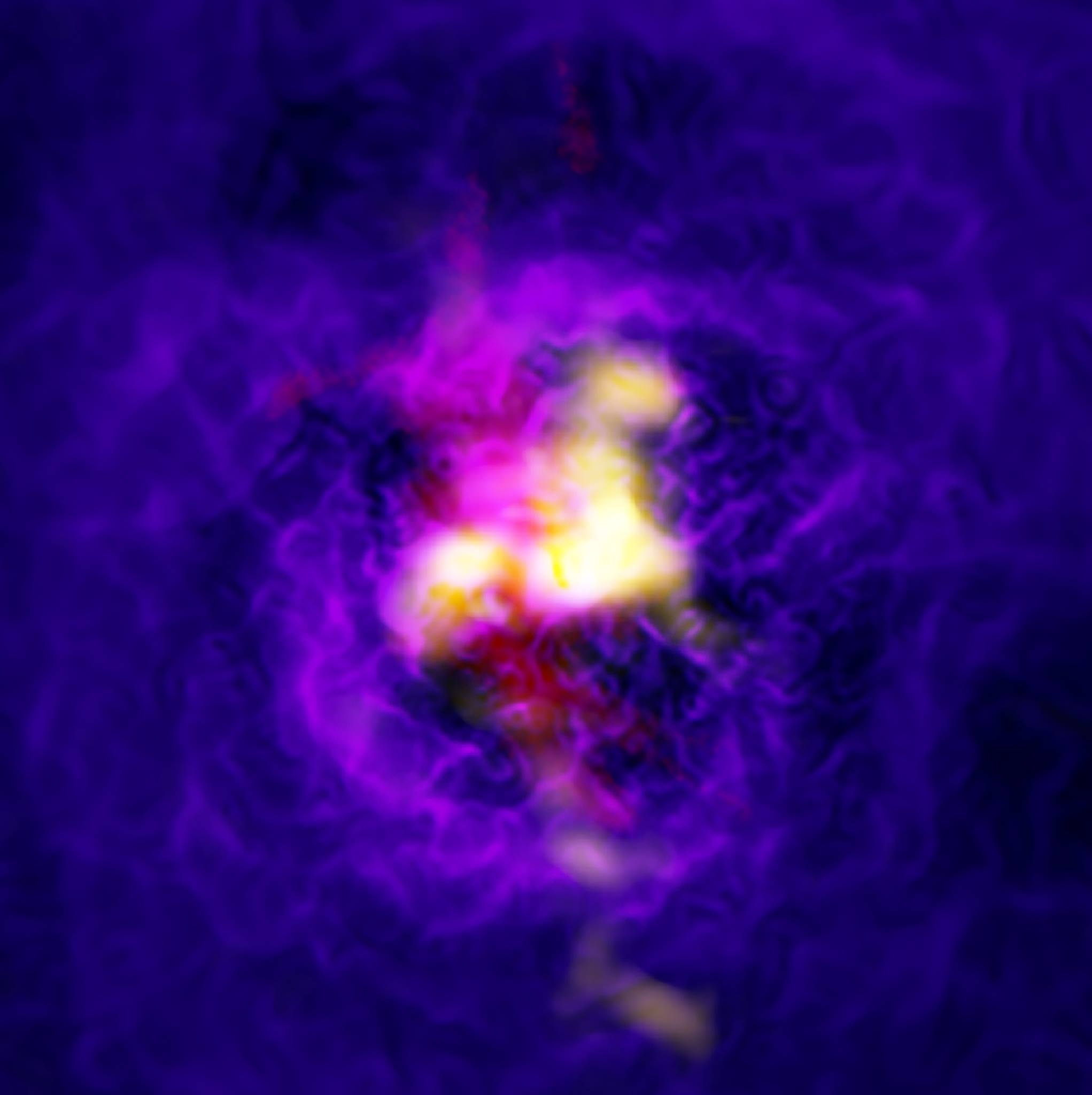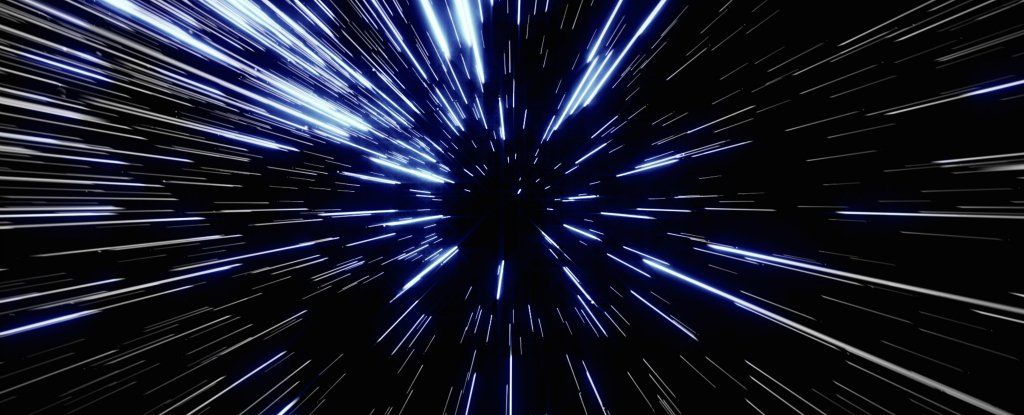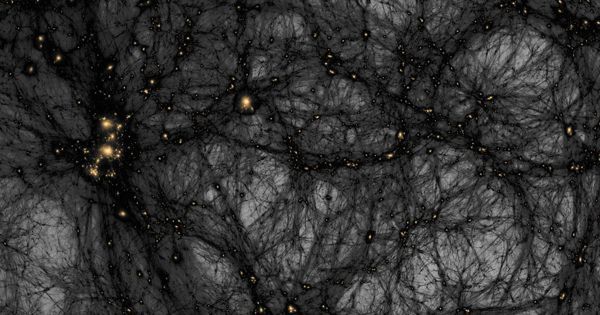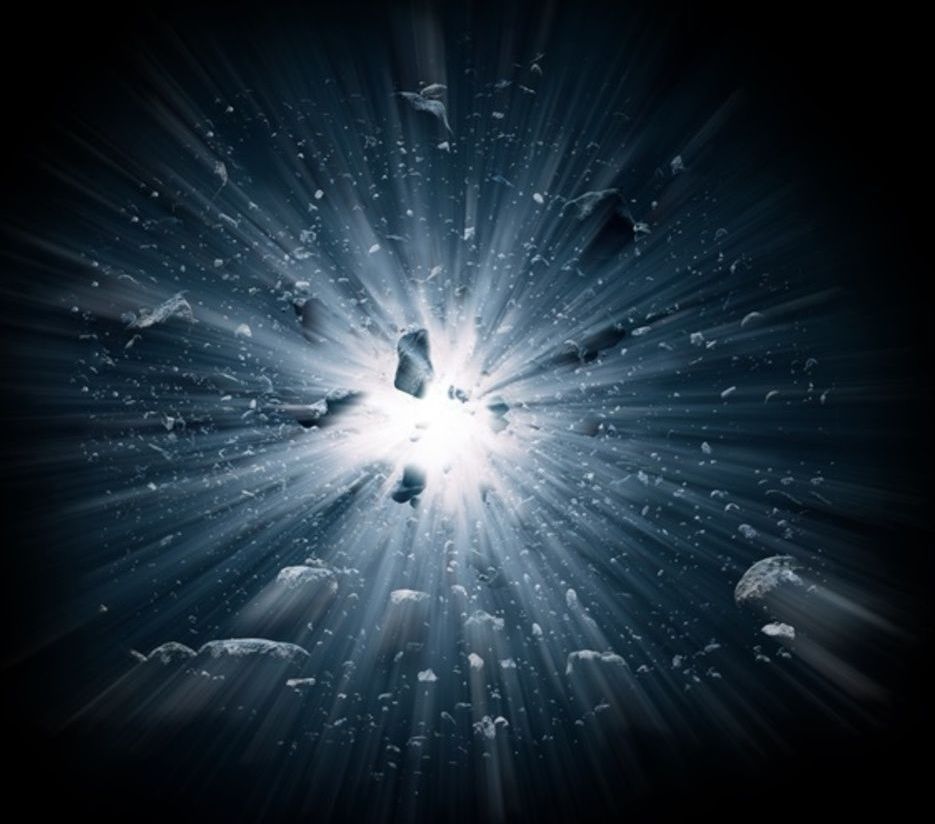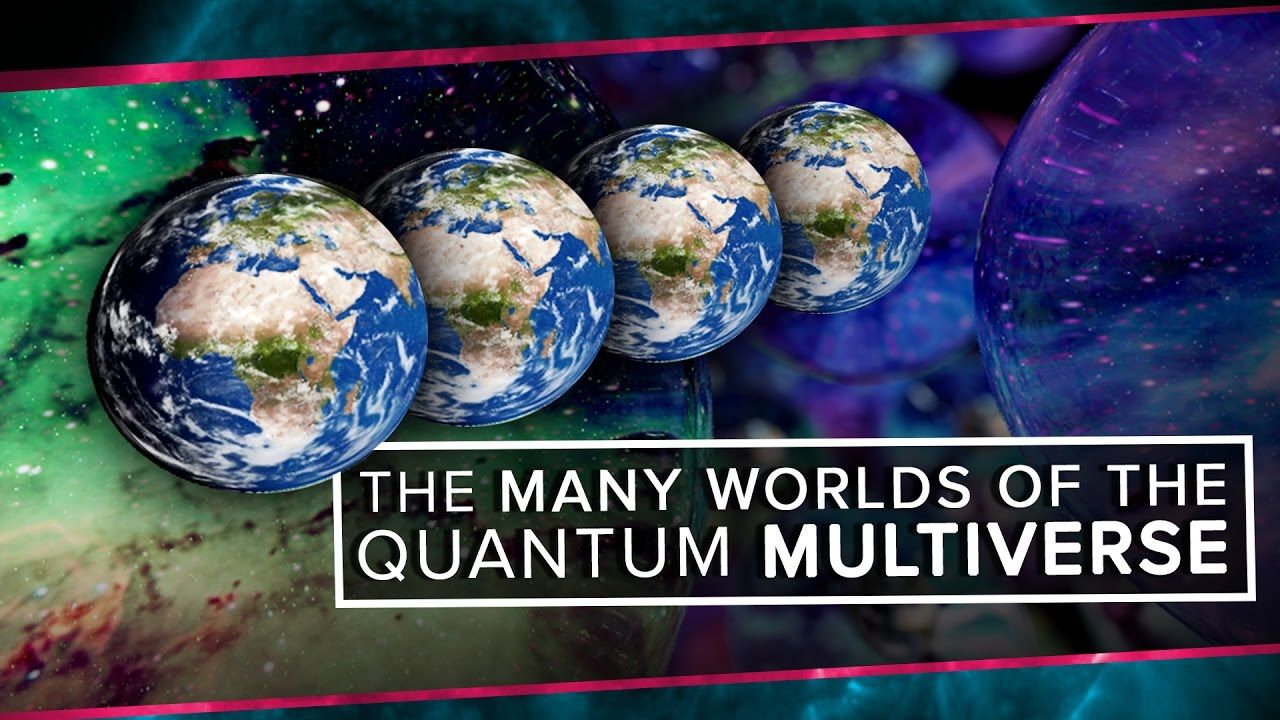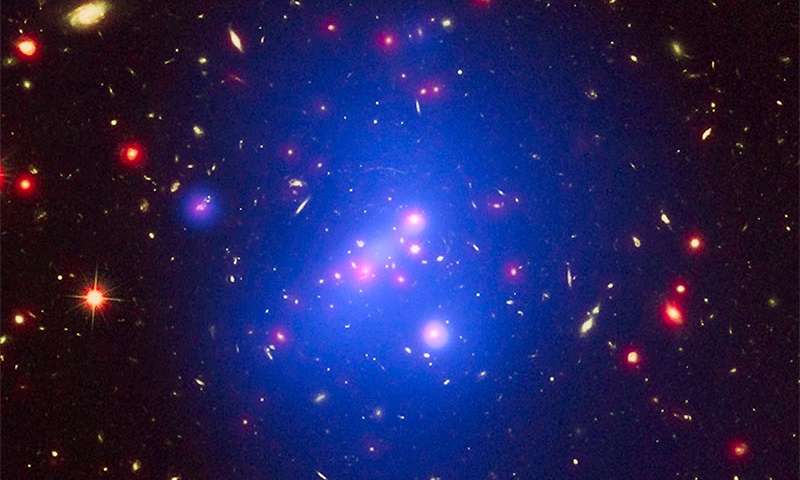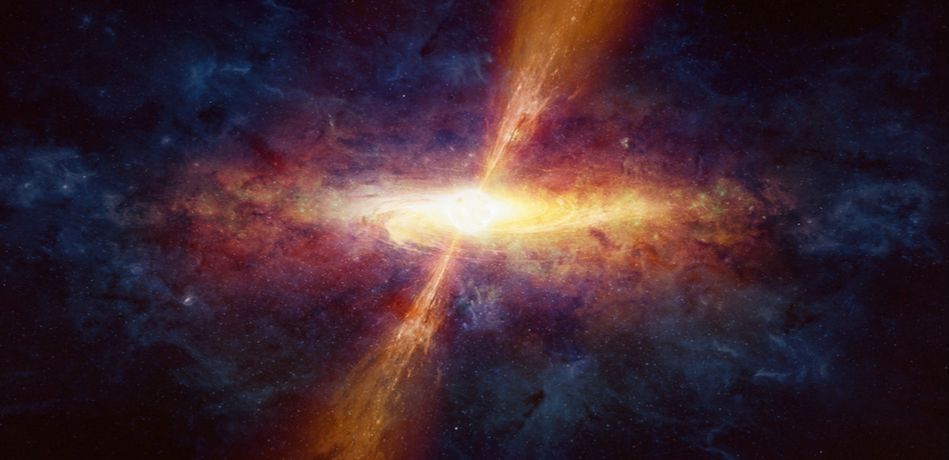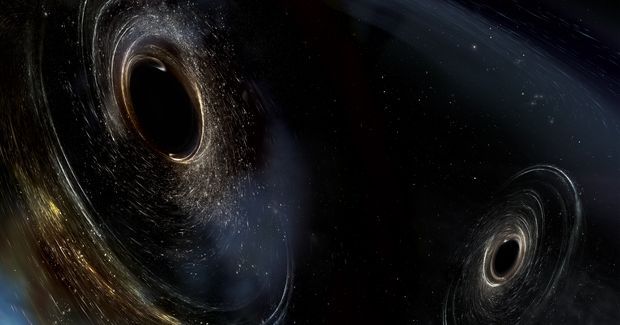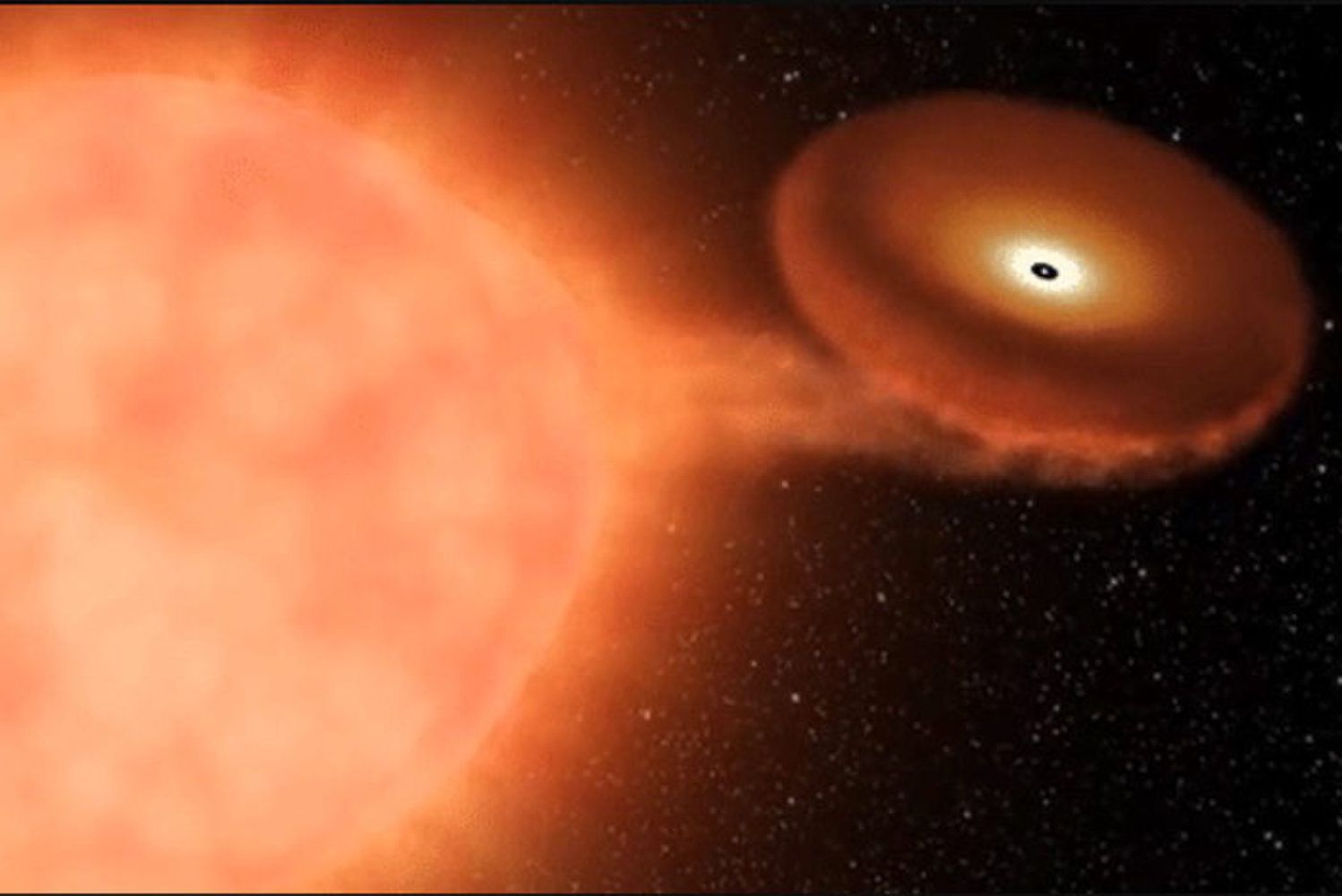Dec 15, 2018
If energy can’t be created, where did it come from in the first place?
Posted by Genevieve Klien in categories: cosmology, education, quantum physics
We’re taught at school that energy can’t be created, merely converted from one form to another. But at the birth of the Universe – that is, everything – the energy needed for the Big Bang must have come from somewhere. Many cosmologists think its origin lies in so-called quantum uncertainty, which is known to allow energy to emerge literally from nowhere. What isn’t clear, however, is why this cosmic energy persisted long enough to drive the Big Bang.
